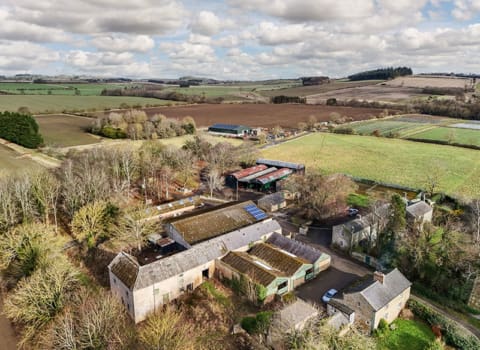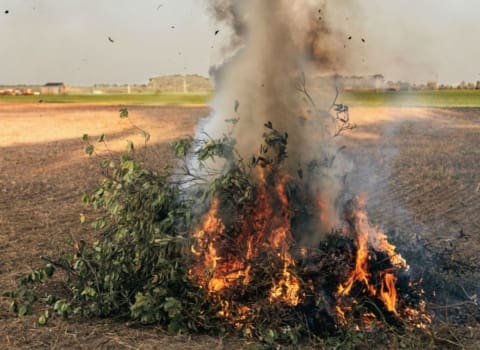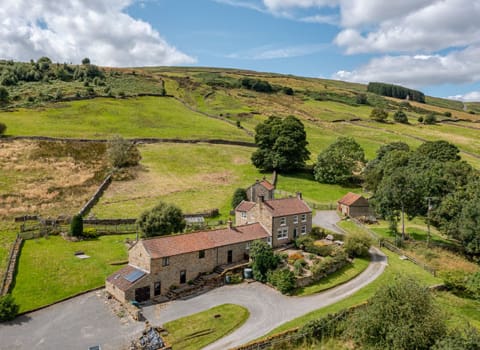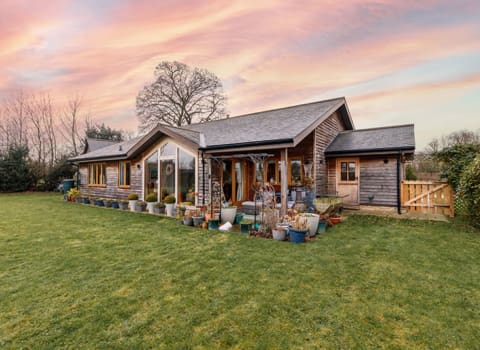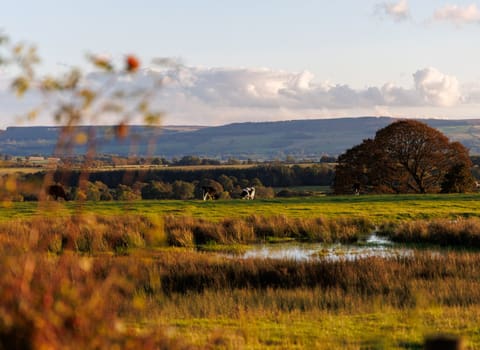Contact our offices
Main office
COLBURN
5 & 6 BAILEY COURT
COLBURN BUSINESS PARK
RICHMOND
NORTH YORKSHIRE
DL9 4QL
Estate Agency Offices are located in
BARNARD CASTLE, BOROUGHBRIDGE & RICHMOND
Residential Management Team
Our Offices
- Alnwick
01665 568310
Email Officealnwick@gscgrays.co.uk - Barnard Castle
01833 637000
Email Officebarnardcastle@gscgrays.co.uk - Boroughbridge
01423 590500
Email Officeboroughbridge@gscgrays.co.uk - Chester-Le-Street
0191 3039540
Email Officechester-le-street@gscgrays.co.uk - Colburn
01748 897630
Email Officecolburn@gscgrays.co.uk - Driffield
01377 337180
Email Officedriffield@gscgrays.co.uk - Hamsterley
01388 487000
Email Officehamsterley@gscgrays.co.uk - Hexham
01434 611565
Email Officehexham@gscgrays.co.uk - Kirkby Lonsdale
01524 880320
Email Officekirkbylonsdale@gscgrays.co.uk - Penrith
01768 597005
Email Officepenrith@gscgrays.co.uk
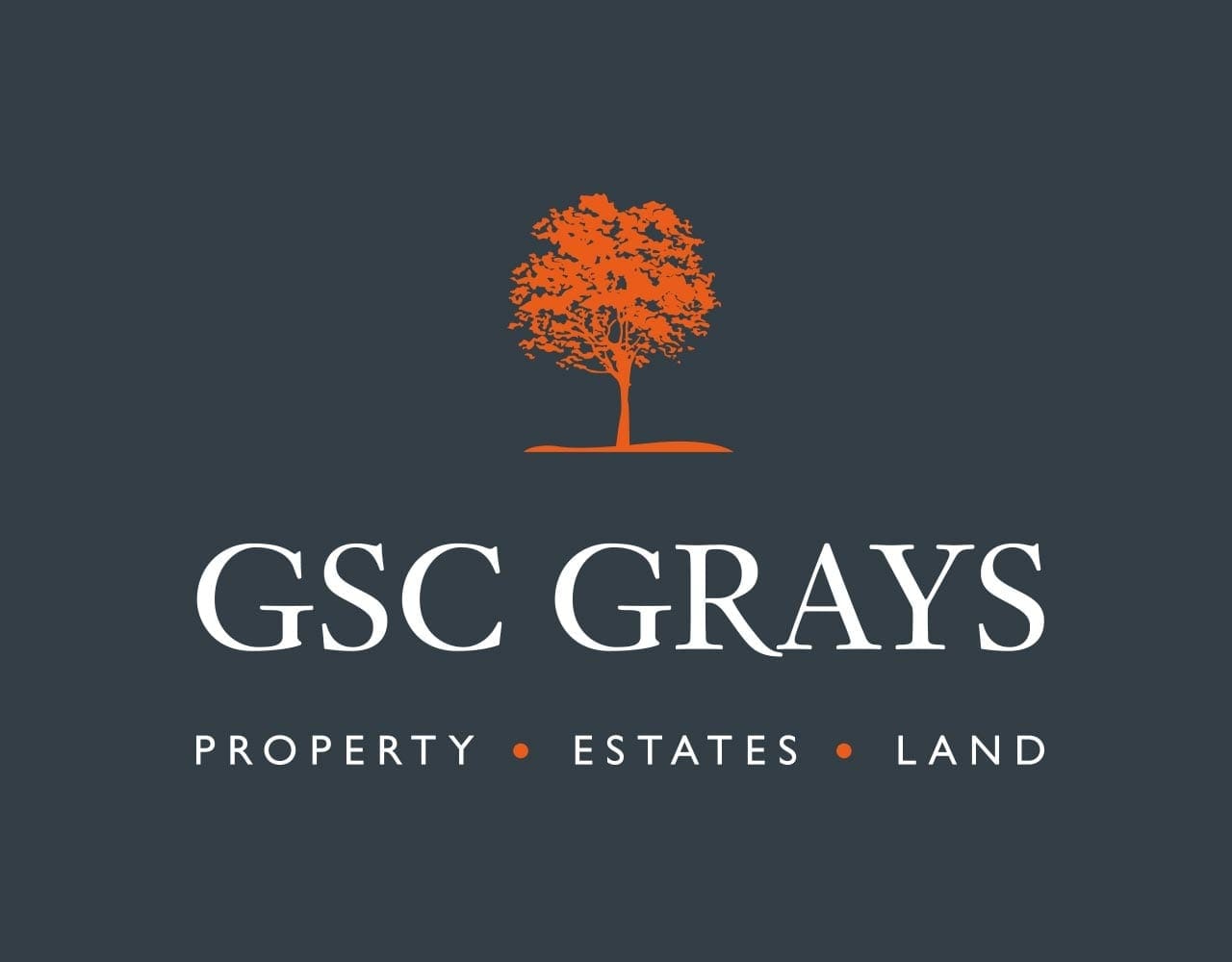
Harvest Machinery – What Are My Options?
As harvest 2016 gets under way, dealerships across the country are preparing to demonstrate their tractors, combines and implements on offer in the hope of filling their order books and securing sales of the latest arable machinery.
For many farms this is also the opportunity to re-evaluate their existing machinery capabilities and assess their future needs based on a variety of influential factors. As machinery become obsolete and handling requirements change, naturally a re-assessment of existing kit becomes necessary and farm managers are faced with the same age old dilemma:
Do they purchase bigger, higher capacity machinery (new or second hand)? Do they pay a contractor to fulfil the role? Or do they hire in a machine?
Each of these options has a number of advantages and disadvantages however, the changeable nature of the British weather plays an important role in this decision making process as for most farms the Combine Harvester will account for the biggest machinery value on the company’s balance sheet, yet it is only used in anger for a handful of weeks per year.
During a wet season, purchasing a new high-capacity machine can pay dividends in ensuring that crops are harvested before the rain comes and grain quality dwindles, the high capital outlay being offset in the hope of premium grain prices. The downside is that in a dry year it can lead to unnecessarily high overheads and costs per hour to operate.
The alternative options are therefore to pay a contractor to undertake harvest operations for you or to hire in a machine for the season. However, purchasing a second-hand machine or hiring one in will not always mean that you can take advantages of new technology such as auto guidance, grain monitoring systems and low ground pressure track systems.
Contract combining therefore offers an attractive alternative as it negates the requirement for the capital outlay involved with the machines initial purchase and offsets the risk associated with breakdowns and total loss from fire. However, you will have to wait your turn for the combine unless you are prepared to pay a premium for the contractor’s service, which in turn has knock on effects. Another advantage of contract combining is the certainty over hire charges and thus being able to calculate gross margins more accurately and aid cash flow forecasting.
Similarly, hiring in a machine allows the farmer to start cutting when they want but they will be responsible for any damage caused to the machine whilst in their custody. Hiring in a machine may highlight skills shortages for existing farm staff and minimum hire periods also often apply. Back up packages vary between hire firms and options may include full breakdown cover or simply hire only. This should be taken into account when obtaining hire quotes as the ability for a hire firm or dealer to get you going again quickly following a break down is essential.
Another important consideration to bear in mind here is the impact on any insurance policy in the event of a total loss or accident and it would be prudent to seek specialist advice in this respect.
Regardless of whether you opt to purchase new machinery or contract in those of another, it is important to remember the knock on effects of increasing machinery capacity on the holding as a whole. There is little point in having grain sat in the yard getting wet because the dryer cannot keep up nor having the combine driver sat waiting because there are insufficient trailers on hand. Other more practical factors for consideration include the width of access tracks across the farm road network and weight / height limits.
There is a fine line therefore between operating efficiently and operating economically.
The availability of finance is another significant factor in the decision to upgrade the machinery pool and many dealers will be keen to offer attractive finance packages. In any case seek professional advice from your accountant as to how to best structure any machinery investment.
The economic uncertainty surrounding agriculture and BREXIT may also play on the minds of those considering leaping into a new purchase deal. If the value of the pound continues to drop and commodity prices stall, could this lead to poor residual prices in the future and an expensive luxury sat in the shed? As the value of sterling drops we may also find that competition for quality second-hand farm machinery such as low hour combines comes from further afield as the export market expands.
Machinery purchases account for a large percentage of yearly capital outlay and they are potentially items that have to be retained for a number of years before the benefits of them are fully realised. The points discussed above are only intended as an insight into the practical factors that should be taken into account when considering changes to fleet equipment, however before agreeing to any purchase you would be wise to seek individual advice from your professional advisors as there may be wider, financial and legal implications to take account of.
GSC Grays offers a wide range of professional services to rural land and property owners including Agri-business consultancy. For more information please contact your nearest GSC Grays office or visit www.gscgrays.co.uk.
[team-member name=”Alexander Morrison”]


